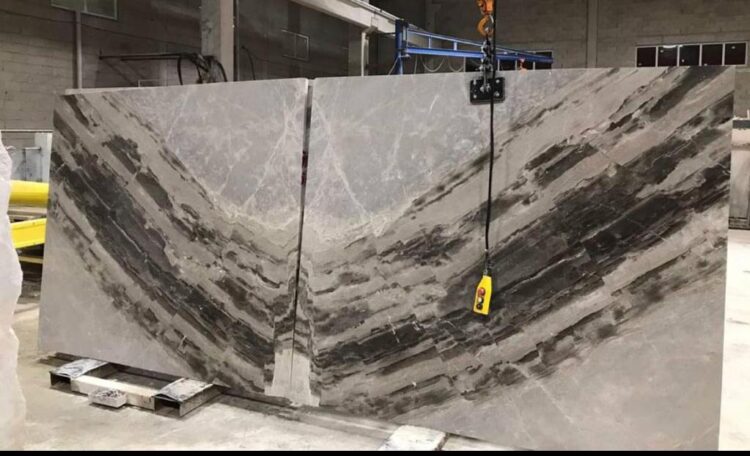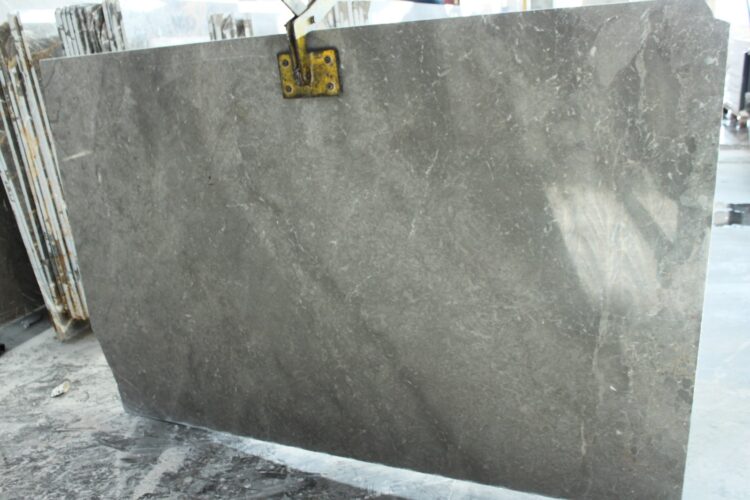Mustafa Selçuk Çevik, Member of the Board of Directors of İMİB, evaluating the natural stone export in 2017, invited the sector to unite under a single sectoral Fair.
Despite the difficulties experienced in nearby markets, the Turkish natural stone has gained a good reputation for its quality in the US market. Selçuk Çevik, Board Member of the Istanbul Mineral Exporters’ Association (İMİB), stated that there was a 22 percent increase in the export of processed travertine in the first 5 months of the year. Çevik invited the sector, which exports natural stone to more than 100 countries, to unite under one fair.

“We need to get United”
Çevik, underlining that the unions and associations should focus on a single sectoral fair, said: “Representatives of the sector feel obliged to support 2 or 3 sectoral fairs in a year. However, the sector needs unity. If we unite, the sector doesn’t have to waste money on sectoral fair participations. The prices in the ports are also high. Authorities should find a solution to this. Port costs in Mersin and İzmir are not the same.”
“Sector needs incentive for fuel”
Underlining the need for a stronger lobby for the sector, Selçuk noted that the Turkish natural stone sector should continue to grow more effectively in remote markets. Çevik said: “Processed travertine production increased by 21.8 percent in the first 5 months. The processed marble production increased by 4.4 percent. Marble is a difficult and heavy material to transport. We are exporting marble to more than 100 countries. On the contrary of the overseas transportation, land transportation is expensive in Turkey. For this reason, to get fuel incentives in areas remote from the ports, will contribute to the sector.”
Natural Stone Export to Distant Markets are increasing
Çevik said: “Australia, one of the most distant markets, is ranked 10th among natural stone exporting countries. Turkish companies continue to increase their share in distant markets recently. The sector, by turning reduced oil prices into opportunity fort he last 2 years, exporting high amounts of travertine to America, China, Canada, India and South Africa.”
“We are growing via quality and price”
Explaining that the natural stones in our country are of very high quality and wide variety, Çevik emphasized that Turkish companies have developed a lot in terms of quality in the recent years and reached a level that they can compete with other countries. Çevik pointed out that the Turkish natural stone was preferred over Italian and Spanish stones due to its reasonable prices. Çevik stated that the problems experienced in the lines are temporary and that the solution will be reached shortly.
 Turkish Marbles in Texas
Turkish Marbles in Texas
Mustafa Cevik, who informed that more than 100 Turkish companies are selling natural stone to the American market, said: “Beige marble and travertine are the best-selling products on this market. Turkish marble was the most used material in the gardens of Texas houses. Every house has a pool in their gardens in this state. Another area where Turkish travertine is used predominantly is the car parks. Turkish natural stone is preferred mostly for interior spaces in Washington and New York.” Çevik pointed out to the dynamics of the development in the American market and said that Turkish natural stone is dominating the New Orleans market, which is regarded as the capital of Jazz’s. Çevik said: “You can see Turkish Marble almost in all the hotels in Las Vegas. Italian marble is also sold in America, but Turkish marble is sold in higher amounts. We have incredible travertine applications on the poolsides in this country. Georgia, Texas, California, Arizona, New Orleans, New Mexico states prefer Turkish natural stone as well.”
“We are late”
Mustafa Selçuk Çevik said: “We are working hard in order to produce value added products and solve sectoral problems, but we are late in opening up to important and developing Latin American countries and markets like Africa. We are not only establishing new trade connections via sectoral fairs. Fairs are very important of course, but we need to be open to innovations, we have to focus on bilateral business negotiations as many sectors do. I believe that B2B negotiations are much more beneficial and more affordable. ”






















 +90 532 585 51 95
+90 532 585 51 95 +90 532 585 51 95
+90 532 585 51 95